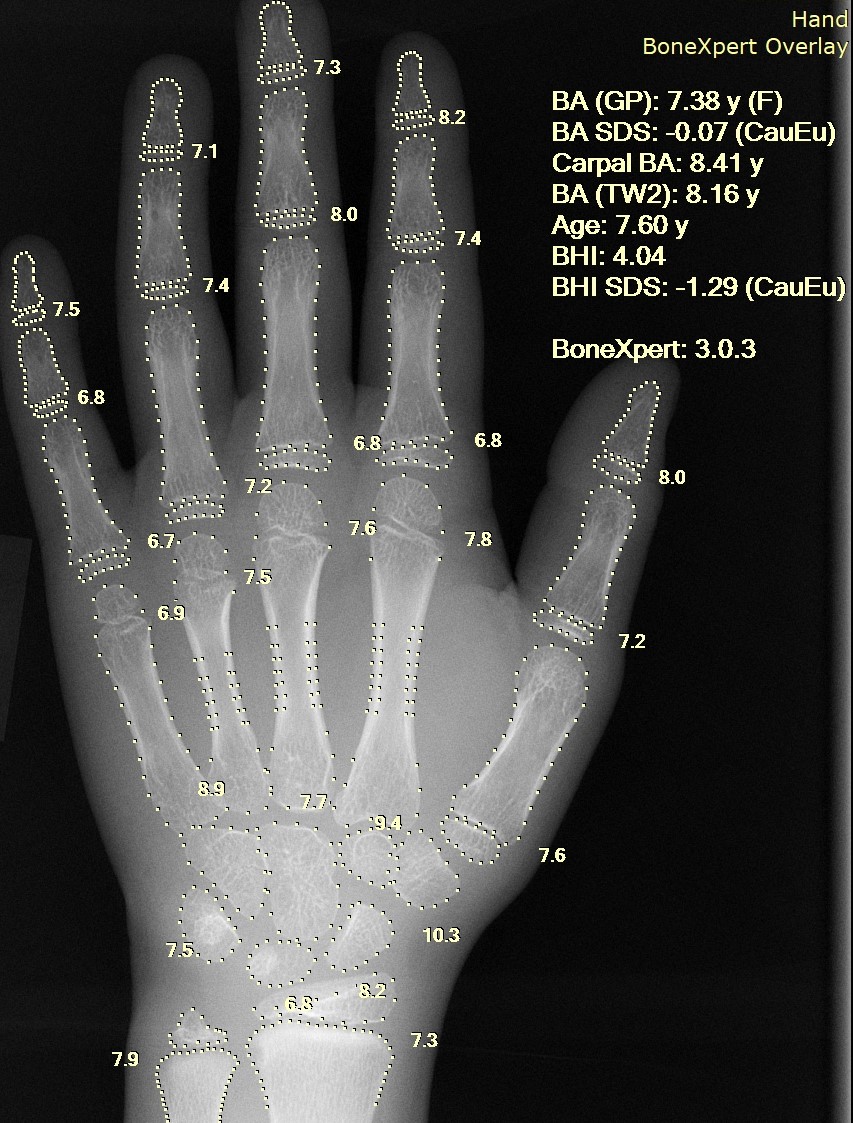Today's Teacher: Embracing AI
- Introduction to Artificial Intelligence
- AI in Everyday Life
- AI and Work
- AI and Learning
- Ethical Considerations in AI
- AI and Society
- Preparing for the AI Future
AI and Society
Artificial Intelligence in Healthcare and Other Social Services

Use of complex algorithms and software to estimate human cognition in the analysis of complicated medical data.
Artificial Intelligence (AI) is revolutionizing various sectors, and healthcare and social services are no exception. This unit explores the use of AI in diagnosing and treating diseases, personalized medicine, social care services, and the future of these sectors with AI.
AI in Diagnosing and Treating Diseases
AI has the potential to revolutionize the way diseases are diagnosed and treated. Machine learning algorithms can analyze vast amounts of data, including medical records and images, to identify patterns that might be missed by human eyes. For instance, AI can help detect cancer at early stages by analyzing medical images. Similarly, AI algorithms can predict the likelihood of a patient developing a particular disease based on their health records and lifestyle factors.
AI in Personalized Medicine and Patient Care
Personalized medicine aims to tailor treatment to individual patients based on their genetic makeup, lifestyle, and environment. AI can analyze a patient's genetic data along with other factors to predict their response to certain treatments. This can help doctors devise a treatment plan that is most likely to work for the patient, thereby improving outcomes and reducing side effects.
AI can also enhance patient care by automating routine tasks such as scheduling appointments, reminding patients to take their medication, and monitoring patient's health conditions remotely. This not only improves efficiency but also allows healthcare professionals to focus more on patient care.
AI in Social Care Services
AI can also play a significant role in social care services. For instance, AI-powered chatbots can provide mental health support by offering cognitive behavioral therapy. AI can also help in identifying individuals who are at risk of social isolation or abuse by analyzing data from various sources.
Moreover, AI can assist elderly individuals in their daily activities and monitor their health conditions. For instance, AI-powered robots can remind them to take their medication, assist them in moving around, and alert healthcare professionals if they detect any health issues.
The Future of Healthcare and Social Services with AI
The use of AI in healthcare and social services is still in its early stages, and its full potential is yet to be realized. As AI technology advances, it is expected to play an even more significant role in these sectors.
However, the use of AI also raises several ethical and privacy concerns. For instance, the use of AI in healthcare involves analyzing sensitive health data, which raises concerns about data privacy and security. Similarly, the use of AI in social care services raises concerns about the potential for AI to replace human interaction.
In conclusion, while AI has the potential to revolutionize healthcare and social services, it is essential to address these ethical and privacy concerns to ensure that the benefits of AI are realized without compromising individual rights and values.